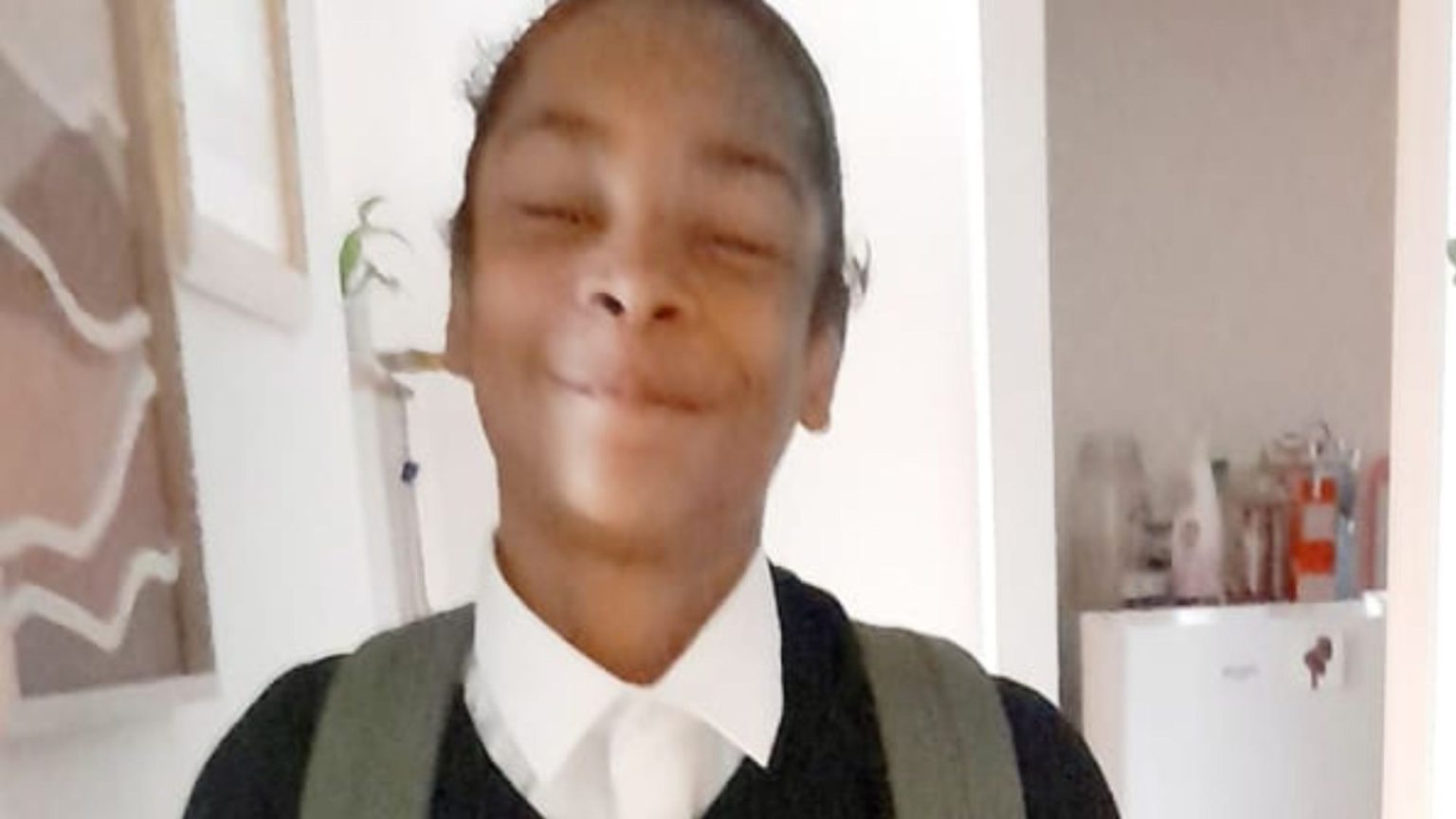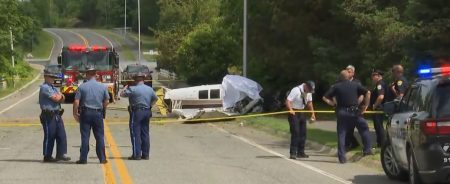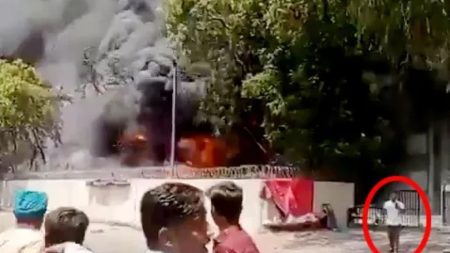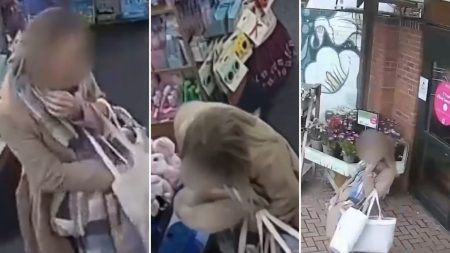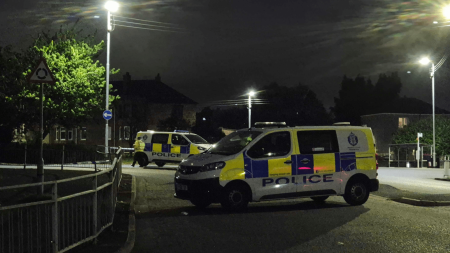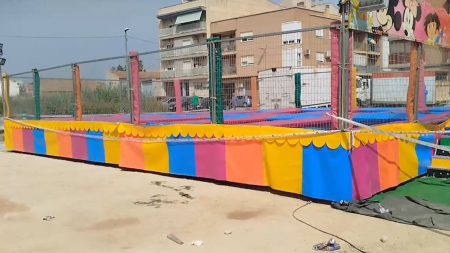The tragic murder of 14-year-old Kelyan Bossaka, a budding rapper known as Grippa, on a London bus has exposed the dark underbelly of gang violence and exploitation of vulnerable youth. Kelyan’s death, marked by chilling rap lyrics boasting about the attack circulating online, underscores the dangerous allure and devastating consequences of gang involvement, particularly for young people caught in the crossfire of postcode wars. The lyrics, which describe the attack on the bus with disturbing detail, highlight the desensitization to violence prevalent within these circles and the callous disregard for human life. Kelyan’s story serves as a grim reminder of the urgent need for intervention and support to protect children from the clutches of criminal networks.
Kelyan’s mother, Mary Bossaka, paints a heartbreaking picture of a loving and caring son who was tragically groomed into the world of gangs and drugs from a young age. She reveals that he was targeted as young as six years old, and his descent into street life was exacerbated by his involvement with the care system. Mary’s desperate attempts to pull her son away from the dangerous path he was on, including a late-night plea in Stratford where he was selling drugs, were met with resistance, highlighting the powerful hold gangs have on their young recruits. The fear of repercussions and the twisted sense of belonging offered by these groups often make it incredibly difficult for young people to escape, even when presented with opportunities for a better life. Mary’s account underscores the systemic failures that leave vulnerable children susceptible to exploitation and the devastating impact this has on families.
The backdrop of Kelyan’s tragic death is a fierce postcode war raging in Woolwich, South East London. He was affiliated with the Wildbatch gang, known for controlling the crack cocaine trade in the area, and was caught in a deadly rivalry with the WoolyO gang. This brutal conflict, fueled by the lure of quick money and a distorted sense of power, preys on vulnerable young people like Kelyan, offering them a false sense of protection and purpose while trapping them in a cycle of violence. The gangs exploit the insecurities and lack of opportunities faced by many young people, drawing them into their ranks with promises of a better life, only to ensnare them in a deadly game.
Kelyan’s story is further complicated by his foray into drill rap, a genre often associated with glorifying violence and gang culture. Under the moniker Grippa, a name signifying the possession of a weapon, Kelyan expressed his experiences and the realities of his environment through his music. His masked appearances in videos and his Instagram post requesting a “mindy,” believed to be a reference to a knife, on the day of his death, raise questions about the complex interplay between art, reality, and the influence of gang culture. While his music may have offered him an outlet for expression, it also potentially reinforced his connection to the dangerous world he was trying to navigate.
Kelyan’s efforts to turn his life around, including returning to school after attending a youth referral centre, were tragically cut short by his murder. His past brushes with the law, including charges related to knife possession, theft, and drug offences, further highlight the challenges he faced and the systemic issues that contribute to youth crime. The fact that he had 25 court appearances in less than 15 months leading up to his death underlines the urgent need for effective interventions and support systems to guide young offenders towards a positive path. The tragic irony of Kelyan trying to rebuild his life only to be met with violence underscores the precarious nature of existence for young people trapped in gang environments.
The ongoing police investigation into Kelyan’s murder, with two suspects seen fleeing the scene with a machete, highlights the brazen nature of the attack and the ongoing threat of violence in the community. The outpouring of grief and tributes left at the bus stop where he was killed reflect the impact of his death on the community and the desperate need for change. The case echoes other recent tragedies, such as the stabbing of Kelyan’s friend Daejaun Campbell just months earlier, further emphasizing the alarming prevalence of knife crime and the urgent need for effective strategies to combat it. Experts, like Patrick Green of the anti-knife crime charity The Ben Kinsella Trust, stress the importance of early intervention and preventative measures to disrupt the cycle of gang recruitment and violence, and to offer young people viable alternatives to a life of crime. Kelyan’s story serves as a tragic reminder of the devastating consequences of gang violence and a call to action for society to address the root causes and protect vulnerable young people from falling prey to this destructive lifestyle.





